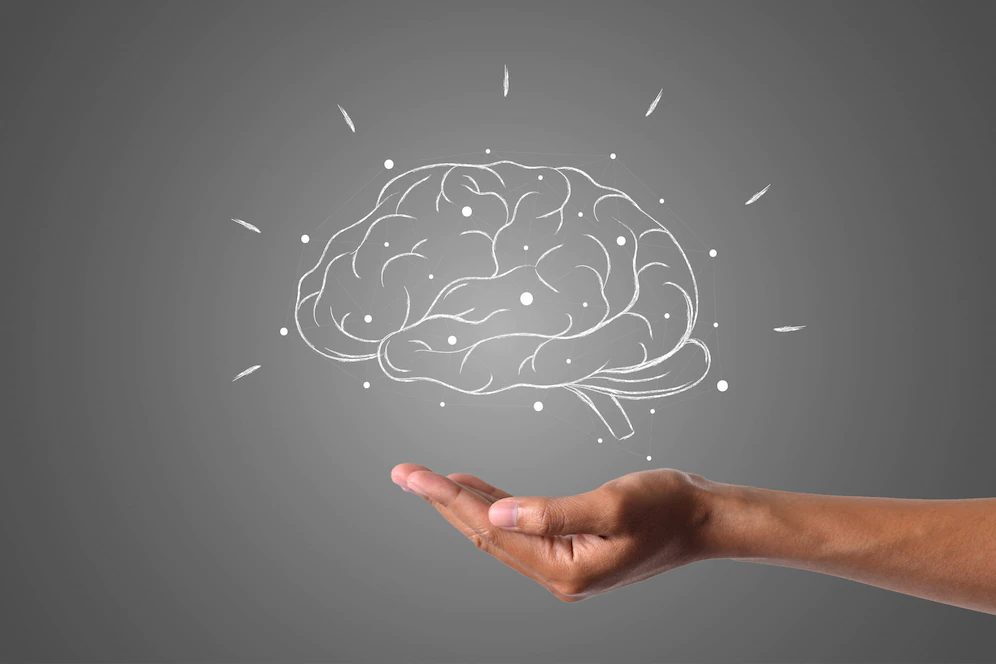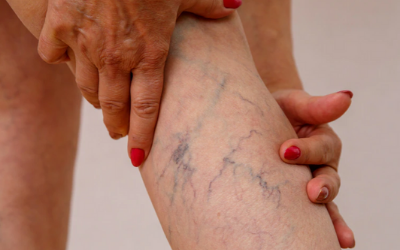World Brain Tumor Day is observed on 8th June every year since 2000. The incidence of Brain tumor has been growing steadily in India.
What is Brain Tumor?
A brain tumor is a mass or growth of abnormal cells in your brain. Primary brain tumors initially form in brain tissue. Secondary brain tumors are cancers that have spread (metastasized) to the brain tissue from tissue elsewhere in the body.
TYPES
There are more than 120 types of brain and central nervous system (CNS) tumors.
- Benign brain tumors: The mass or growth of abnormal cells does not contain cancer cells. Benign brain tumors grow slowly and tend not spread into other tissue.
- Malignant brain tumors: This type of brain tumor does contain cancer cells. These tumors are considered more dangerous as they grow rapidly and can invade other parts of the brain.
Types of Benign Brain Tumors
- Chordomas
- Craniopharyngiomas
- Gangliocytomas
- Glomus jugulare
- Meningiomas
- Pineocytomas
- Pituitary adenomas
- Schwannomas
Types of Malignant Brain Tumors
- Astrocytomas
- Ependymomas
- Glioblastoma multiforme (GBM).
- Medulloblastomas
- Oligodendrogliomas
Other Types of Brain Tumors
- Hemangioblastomas
- Rhabdoid tumors
CAUSES
Primary brain tumors begin when normal cells acquire errors (mutations) in their DNA. These mutations allow cells to grow and divide at increased rates and to continue living when healthy cells would die. The result is a mass of abnormal cells, which forms a tumor.
RISK FACTORS
- Age. Brain tumors are more common in children and older adults, although people of any age can develop a brain tumor.
- Gender. In general, men are more likely than women to develop a brain tumor.
- Family history of brain tumors – family history of brain tumors or a family history of genetic syndromes that increase the risk of brain tumors.
- Exposure to radiation – People who have been exposed to ionizing radiation for example radiation therapy used to treat cancer and radiation exposure caused by atomic bombs.
- Exposure to infections, viruses, and allergens. Infection with the Epstein-Barr virus (EBV) increases the risk of CNS lymphoma.
- Having a job in an oil refinery, handlers of jet fuel or chemicals like benzene, chemists, embalmers, or rubber-industry workers, show higher rates of brain cancer than the general population.
- Head injury and seizures.
- Previous cancers – People who have had cancer as a child have a higher risk of developing a brain tumor later in life.
- HIV or AIDS – People with HIV or AIDS have around double the risk of being diagnosed with a brain tumor compared to the general population. This may be related to lowered immunity.
- Being overweight – Being overweight or obese increases the risk of some types of brain cancer.
- Smoking.
SYMPTOMS
- Vision problem
- Nausea, vomiting, and general drowsiness
- Short-term memory
- Speech problems
- Coordination issues
- Persistent headaches that gradually become more frequent and more severe
- Gradual loss of sensation or movement in an arm or a leg
- Confusion in everyday matters
- Personality or behaviour changes
- Seizures, especially in someone who doesn’t have a history of seizures
- Hearing problems
DIAGNOSIS
- A neurological examination.
- CT scan: A computerized tomography (CT) scan produces a detailed X-ray picture of a patient’s brain
- MRI scan: Magnetic resonance imaging (MRI) uses a strong magnetic field and radio waves to produce a detailed image of the brain
- EEG: An electroencephalogram uses electrodes attached to the head to record brain activity in search of abnormalities.
HOMEOPATHIC TREATMENT
- Homeopathy is a safe and gentle form of treatment which alleviates the symptoms effectively.
- Homeopathy kills cancer cells but have minimal effects on normal cells.
- The selection of remedy is based upon the theory of individualization and symptoms similarity by using holistic approach.
- Homoeopathic treatment also improves the presenting complaints, quality of life, survival time and reduces chances of relapsing.
The symptoms can be symptomatic of other illnesses as well, those who are experiencing such symptoms need to visit a specialist doctor and carry out the tests to prevent acute complications later.




